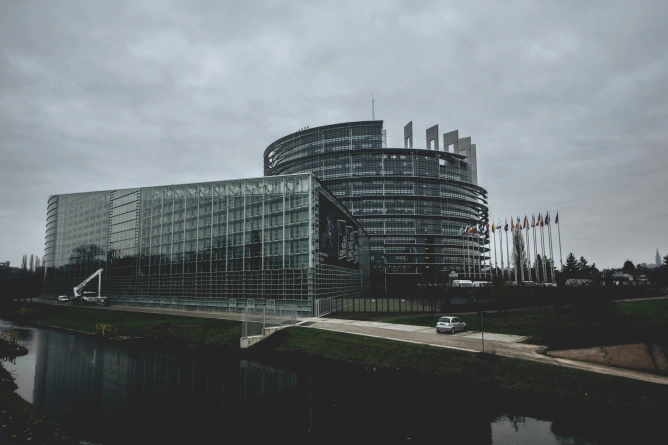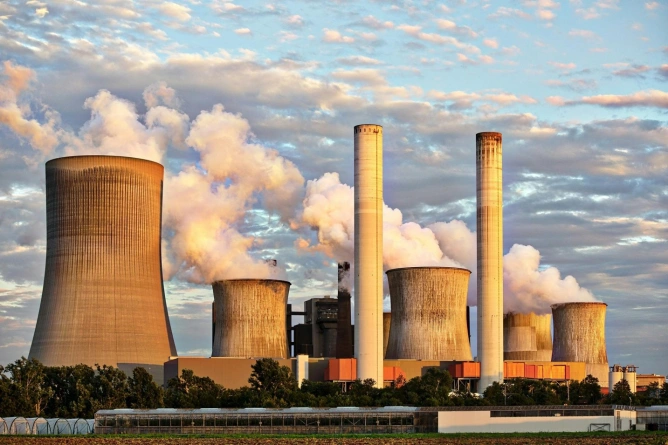
Brussels, November 6, 2025 – The European Union recorded a 2.5% decrease in greenhouse gas emissions in 2024, and the share of renewable sources in the energy mix reached 47%, according to the European Commission's annual report on the State of the Energy Union and Progress in Climate Action. The documents show that, despite geopolitical challenges and high energy prices, Europe is maintaining its trajectory towards the targets set for 2030.
The Commission emphasizes that the Union is "on the right track" to reduce emissions by at least 55% by 2030 and to strengthen energy security, in line with the European Green Deal. Gas imports from Russia have decreased to less than 10% of total imports, compared to 45% before the invasion of Ukraine, and investments in renewable sources and strategic energy infrastructures have significantly accelerated.
"Our energy system has become cleaner, more efficient and more resilient than ever before. But to reach our 2030 targets, we need to step up investment in grids, storage and clean industrial capacity," said Kadri Simson, the Commissioner for Energy.
The report shows that wind and solar energy produced for the first time over 30% of EU electricity, while total energy consumption decreased by 4% in the last year due to efficiency measures and higher prices that reduced demand. At the same time, revenues from the emissions trading system (ETS) exceeded 47 billion euros, directed towards investments in the green transition and support for vulnerable households.
However, the Commission warns that the current pace of investment is still not sufficient to ensure the modernization of electrical grids and to support the rapid expansion of clean energy storage and production capacities. Approximately 584 billion euros in additional investment is needed by 2030 to achieve the targets regarding efficiency and decarbonization.
Regarding competitiveness, the report highlights the need for the rapid implementation of the Industrial Plan for the Green Deal and the Bank for Decarbonizing Industry, so that European energy-intensive sectors can remain competitive globally.
"The energy transition is not only a climate imperative, but also an opportunity for European industry. Every solar panel, every wind turbine and every grid upgrade strengthens our sovereignty and our competitiveness," emphasized Wopke Hoekstra, the Commissioner for Climate Action.
The Commission will continue to monitor the progress of member states based on the updated National Energy-Climate Plans (NECPs), the complete assessment of which is scheduled for early 2026.
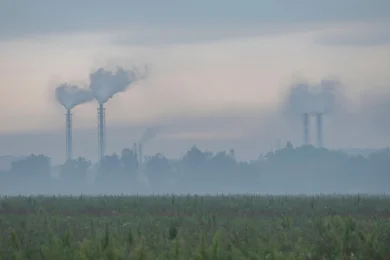
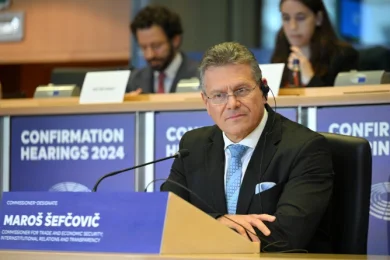
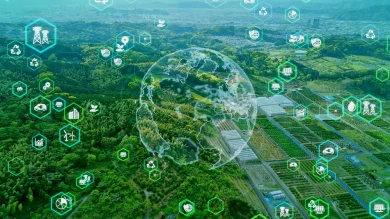
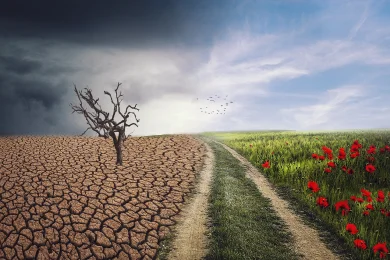
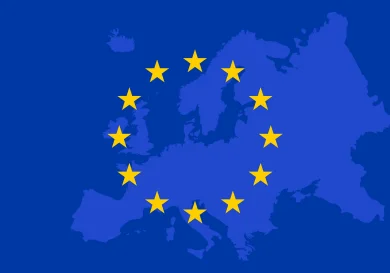
.webp)



